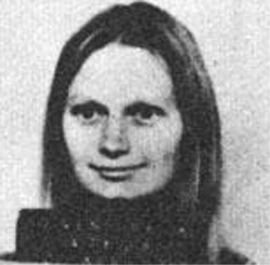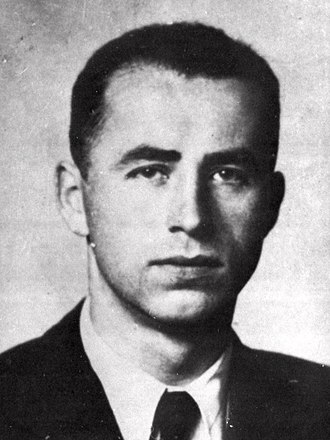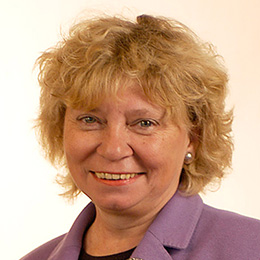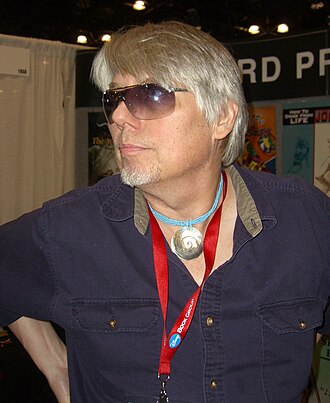Brunner Last Name Origin, History, and Meaning
Where did the surname Brunner come from? What does the surname Brunner mean? Discover the history and meaning of the last name Brunner and family migration on YourRoots Map.
Surname Brunner Origin: What does the last name Brunner mean?
The surname Brunner is of German origin, stemming from the Middle High German word Brunne, meaning spring or water well. It can also denote individuals from places named Brunn. The name has a long history, with records dating back to Switzerland in the early 15th century. Over the centuries, the Brunner surname has remained closely linked with Switzerland, but has also spread globally, with significant records found in the United States by the 20th century. Today, the Brunner surname is prominent in countries such as Switzerland, Germany, Austria, Canada, and Australia.
YourRoots data confirms the presence of the Brunner surname in various countries, showcasing its global spread and enduring legacy. From its origins in Switzerland to its widespread presence in the United States and other nations, the Brunner surname reflects a rich history and diverse cultural connections. This surname continues to be recognized and celebrated across different regions, highlighting the shared heritage of individuals bearing the name Brunner.
Brunner Last Name History: Where did the last name Brunner come from?
Origin of Brunner Surname: Where does the last name Brunner originate from?
According to YourRoots data, the surname Brunner first appeared in records from Switzerland around the early 15th century. Please note that this reflects only YourRoots data for the exact Brunner spelling and does not include other record sources or surname variations.
History of the Last Name Brunner: What does the Brunner surname history look like in the early days?
The Brunner surname remained closely associated with Switzerland from the 15th to the 17th centuries. YourRoots data also shows Brunner family records in countries like the United States, indicating global spread over the centuries.
Global Spread: Where can we find the Brunner surname today?
By the 20th century, the volume of records with the Brunner surname grew significantly in the United States. The Brunner surname remains prominent in the United States. It appears in many countries, including Switzerland, Germany, Austria, Canada, and Australia.
Explore Brunner last name heritage and Brunner surname origin based on YourRoots Map data
 VIEW THE ORIGIN OF SURNAME BRUNNER
VIEW THE ORIGIN OF SURNAME BRUNNERFamous People With Brunner Surame?

Mary Brunner
Mary Theresa Brunner (born Dec 17, 1943) was a member of the infamous "Manson Family" led by Charles Manson. She was involved in criminal activities and present during the 1969 murder of Gary Hinman in California. Brunner gave birth to a son named Valentine Michael while living with Manson and other followers in a commune. She was arrested multiple times for offenses such as credit card theft and armed robbery. After serving time in prison, she was paroled in 1977. Brunner's association with Manson and the Family remains a dark chapter in American criminal history.

Alois Brunner
Alois Brunner (8 Apr 1912 – Dec 2001 or 2010) was an Austrian SS officer during World War II, known for his role in the Holocaust. He worked closely with Adolf Eichmann, deporting over 100,000 Jews from Austria, Greece, France, and Slovakia to concentration camps. Brunner eluded capture after the war, fleeing to Syria where he assisted in organizing the Ba'athist secret police. Despite being convicted in absentia for crimes against humanity, his exact date and place of death remain unknown. Brunner's actions during the war and his evasion of justice have made him one of the most-wanted Nazi war criminals for decades.

Christiane Brunner
Christiane Brunner (March 23, 1947 – April 18, 2025) was a Swiss politician and lawyer known for her roles in government and the Swiss Socialist Party. She served as Deputy of the Great Council of the Canton of Geneva and held positions in the National Council and Council of States. Active in trade unions, she advocated for Social Security and labor laws. Despite being the official candidate for the Federal Council in 1993, she was not elected. Brunner's dedication to social issues and public health made her a respected figure in Swiss politics until her passing at age 78.

Emil Brunner
Heinrich Emil Brunner (Dec 23, 1889 – Apr 6, 1966) was a Swiss Reformed theologian known for his contributions to neo-orthodoxy and dialectical theology. Born in Switzerland, Brunner studied theology and served as a pastor before becoming a professor at the University of Zurich. He published several influential works on religion and theology, emphasizing the centrality of Christ in salvation. Brunner's theological perspectives blended Lutheran and Reformed traditions, rejecting certain humanist concepts of Christianity. Despite his physical challenges later in life, Brunner remained a prominent figure in Protestant theology of the 20th century.

Frank Brunner
Frank Brunner (February 21, 1949 - ) is an American comics artist and illustrator known for his work at Marvel Comics in the 1970s. He collaborated with writer Steve Engelhart on the supernatural hero Doctor Strange, contributing to the character's evolution as Sorcerer Supreme. Brunner also worked on titles like Howard the Duck, Conan the Barbarian, and Red Sonja. In addition to his comic book work, he ventured into film and television animation, contributing to projects for major studios like Hanna-Barbera and Disney. Brunner's legacy includes creating iconic visuals for beloved characters and stories in the world of comics and pop culture.
All images displayed on this page are sourced from Wikipedia or Wikimedia Commons.We use these images under their respective Creative Commons or public domain licenses. Wherever applicable, author attributions and license information are provided. If you believe an image is used incorrectly or outside its license terms, please contact us so that we can review and correct the issue.




.png)